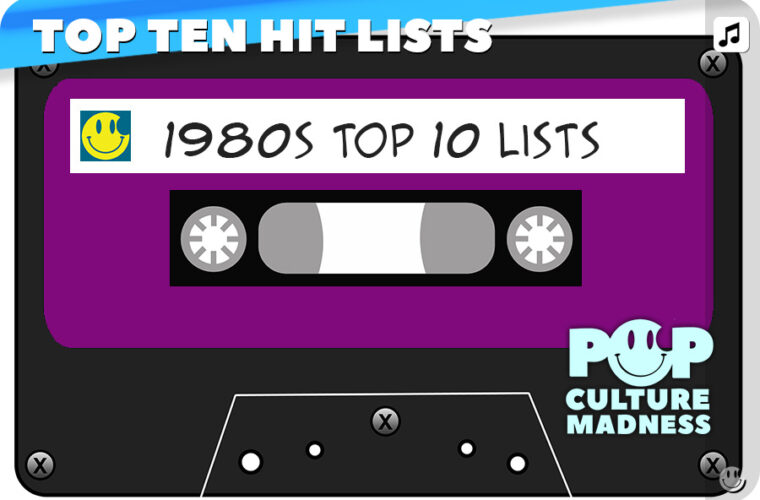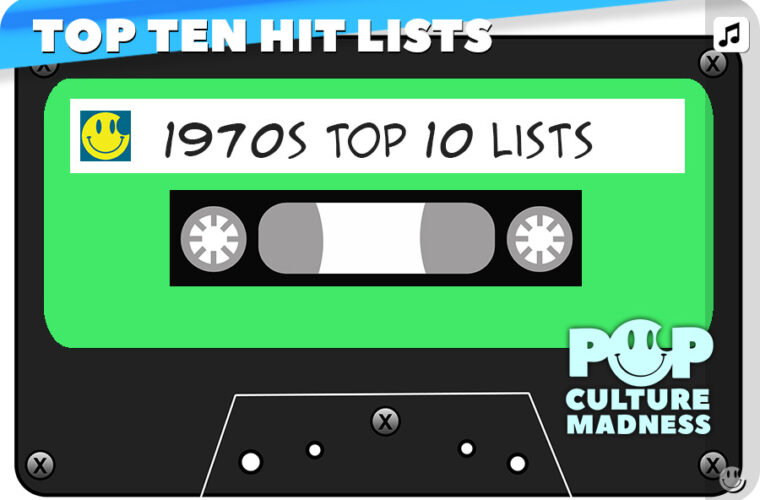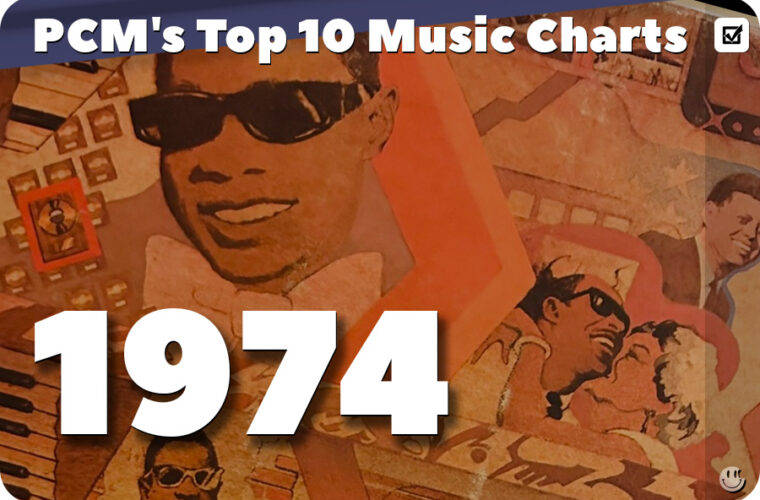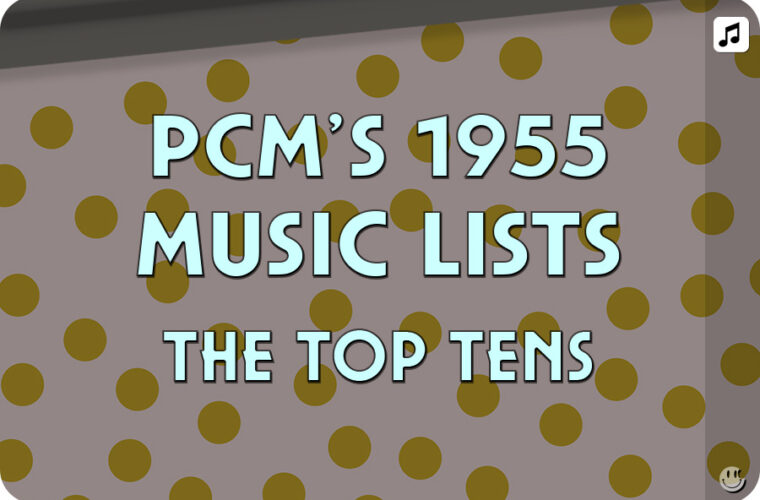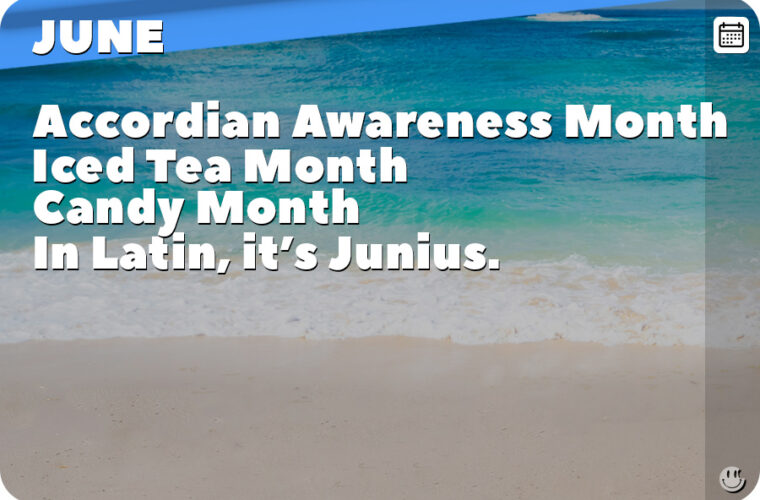
|
1966’s Biggest Artists and Songs |
| Tom Jones (1965’s Best New Artist Grammy Winner) Tom was the first guy ladies threw hotel keys and underwear to while he was singing on stage. Frank Sinatra (1965 Grammy for Album of the Year) Frank Sinatra’s September of My Years Album was reflective of Frank’s age (he was now 50) and included It Was A Very Good Year, How Old Am I?, Last Night When We Were Young and September Song. A Taste of Honey – Herb Alpert and the Tijuana Brass (Grammy for Record of the Year) Herb Alpert is the “A” of A&M Records. He is also the only person to hit #1 on the Billboard Charts as an instrumentalist (Rise, 1979) and a vocalist (This Guy’s In Love With You, 1968) |
| New Artists in the Pop Charts Included: Neil Diamond, The Monkees, Percy Sledge, Mamas and the Papas, Jimmy Ruffin, Mitch Ryder and the Detroit Wheels, The Grass Roots, Sergio Mendez, and Red Sovine |
| Take our 1966 Quiz! |
1966’s Retro Top 10 Hits |
| 1. Georgy Girl – The Seekers |
| 2. Black is Black – Los Bravos |
| 3. Monday, Monday – The Mamas and the Papas |
| 4. Walk Away Renee – The Left Banke |
| 5. Sunshine Superman – Donovan |
| 6. See You In September – The Happenings |
| 7. Guantanamera – The Sandpipers |
| 8. Along Comes Mary – The Association |
| 9. Tijuana Taxi – Herb Alpert and The Tijuana Brass |
| 10. Winchester Cathedral – The New Vaudeville Band |
1966’s ‘One Hit Wonders’ |
| 1. Batman Theme – Neal Hefti |
| 2. Somewhere My Love – Ray Conniff Singers |
| 3. One Has My Name (One Has My Heart) – Barry Young |
| 4. Almost Persuaded – David Houston |
| 5. The Ballad Of The Green Berets – SSgt Barry Sadler |
| 6. Red Rubber Ball – The Cyrkle |
| 7. They’re Coming To Take Me Away – Napolean XIV |
| 8. No Matter What Shape (Your Stomach’s In) – The T-Bones |
| 9. The Ballad of Irving – Frank Gallop |
| 10. The Men In My Little Girl’s Life – Mike Douglas |
1966’s Motown/R&B/Soul Top 10 Hit List |
| 1. Mustang Sally – Wilson Pickett |
| 2. But It’s Alright – J.J. Jackson |
| 3. You Can’t Hurry Love – The Supremes |
| 4. When A Man Loves A Woman – Percy Sledge |
| 5. Ain’t Too Proud To Be – Temptations |
| 6. This Old Heart of Mine – The Isley Brothers |
| 7. Crying Time – Ray Charles |
| 8. Hold On! I’m Comin! – Sam and Dave |
| 9. Get Ready – Temptations |
| 10. It’s A Man’s Man’s Man’s World – James Brown |
More R&B/Motown Song Hits: |
| Reach Out I’ll Be There – Four Tops |
| Uptight (Everything’s Alright) – Stevie Wonder |
| A Place In The Sun – Stevie Wonder |
| Function At The Junction – Shorty Long |
| Land of 1000 Dances – Wilson Pickett |
1966’s Dance Top 10 Hit List |
| 1. I’m A Believer – The Monkees |
| 2. Good Lovin – The Young Rascals |
| 3. Hanky Panky – Tommy James and the Shondells |
| 4. Devil With A Blue Dress On/Good Golly Miss Molly – Mitch Ryder and the Detroit Wheels |
| 5. Time Won’t Let Me – The Outsiders |
| 6. Jenny Take A Ride! – Mitch Ryder and the Detroit Wheels |
| 7. Good Vibrations – The Beach Boys |
| 8. Not Responsible – Tom Jones |
| 9. Cool Jerk – The Capitols |
| 10. Opus 17 – Frankie Valli and the Four Seasons |
More Dance Song Hits: |
| Last Train To Clarksville – The Monkees |
| Oh How Happy – Shades of Blue |
| Paperback Writer – The Beatles |
| California Dreamin’ – Mamas and the Papas |
| Lightnin’ Strikes – Lou Christie |
1966’s Pop Rock Top 10 Hit List |
| 1. Rainy Day Woman # 12 & 35 – Bob Dylan |
| 2. 19th Nervous Breakdown – The Rolling Stones |
| 3. My Generation – The Who |
| 4. Paint It, Black – The Rolling Stones |
| 5. Summer In The City – Lovin Spoonful |
| 6. Kicks – Paul Revere & The Raiders |
| 7. Mother’s Little Helper – The Rolling Stones |
| 8. It’s My Life – The Animals |
| 9. I Fought The Law – Bobby Fuller Four |
| 10. Secret Agent Man – Johnny Rivers |
1966’s Garage & Classic Rock Top 10 Hit List |
| 1. Wild Thing – The Troggs |
| 2. 96 Tears – ? and the Mysterians |
| 3. Gloria – The Shadows of Night |
| 4. Hey Little Girl – Syndicate of Sound |
| 5. Lies – The Knickerbockers |
| 6. Psychotic Reaction – Count Five |
| 7. Dirty Water – Standells |
| 8. My Little Red Book – Love |
| 9. Double Shot (Of My Baby’s Love) – The Swingin’ Medallions |
| 10. Hey Joe – The Leaves |
PCM’s 1966 Top 10 Hit List |
| 1. Summer Wind – Frank Sinatra |
| 2. I’m a Believer – The Monkees |
| 3. When A Man Loves A Woman – Percy Sledge |
| 4. Wild Thing – The Troggs |
| 5. Mustang Sally – Wilson Pickett |
| 6. This Old Heart of Mine – The Isley Brothers |
| 7. Devil With The Blue Dress On – Mitch Ryder and the Detroit Wheels |
| 8. Yellow Submarine – The Beatles |
| 9. Ain’t Too Proud To Beg – The Temptations |
| 10. Jenny Take A Ride – Mitch Ryder and the Detroit Wheels |


